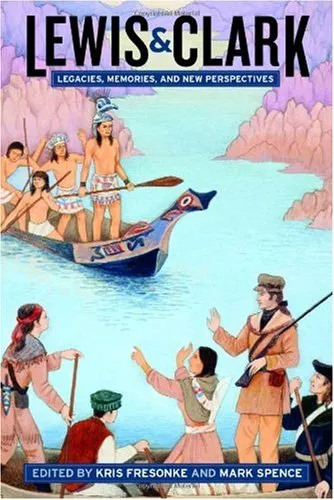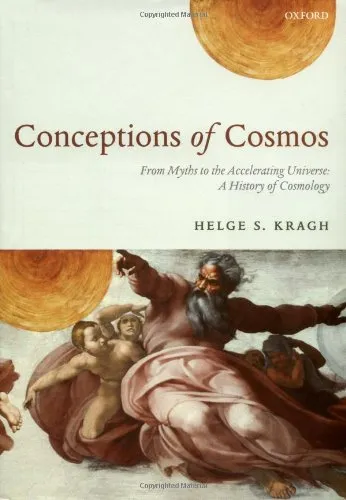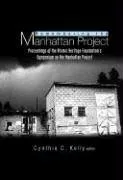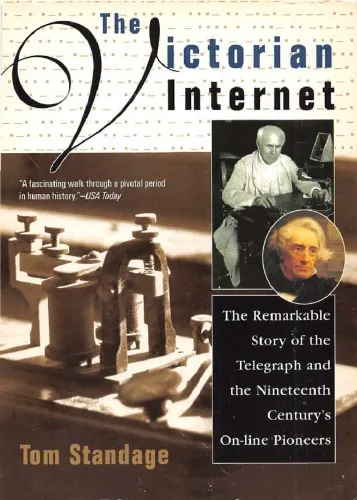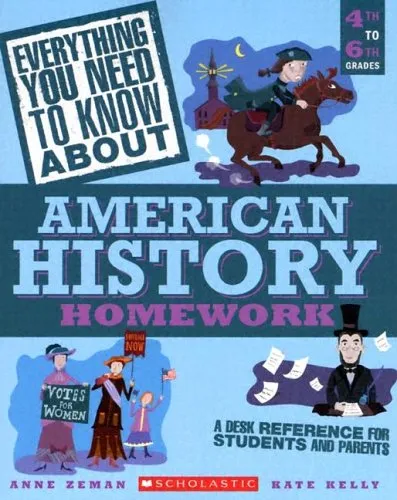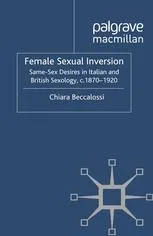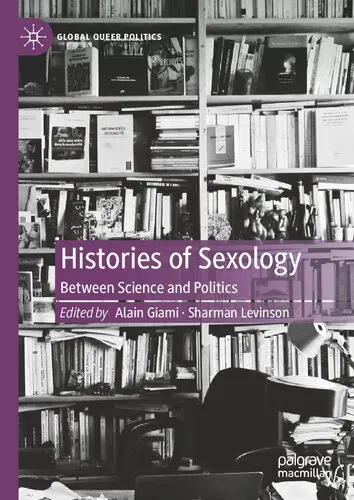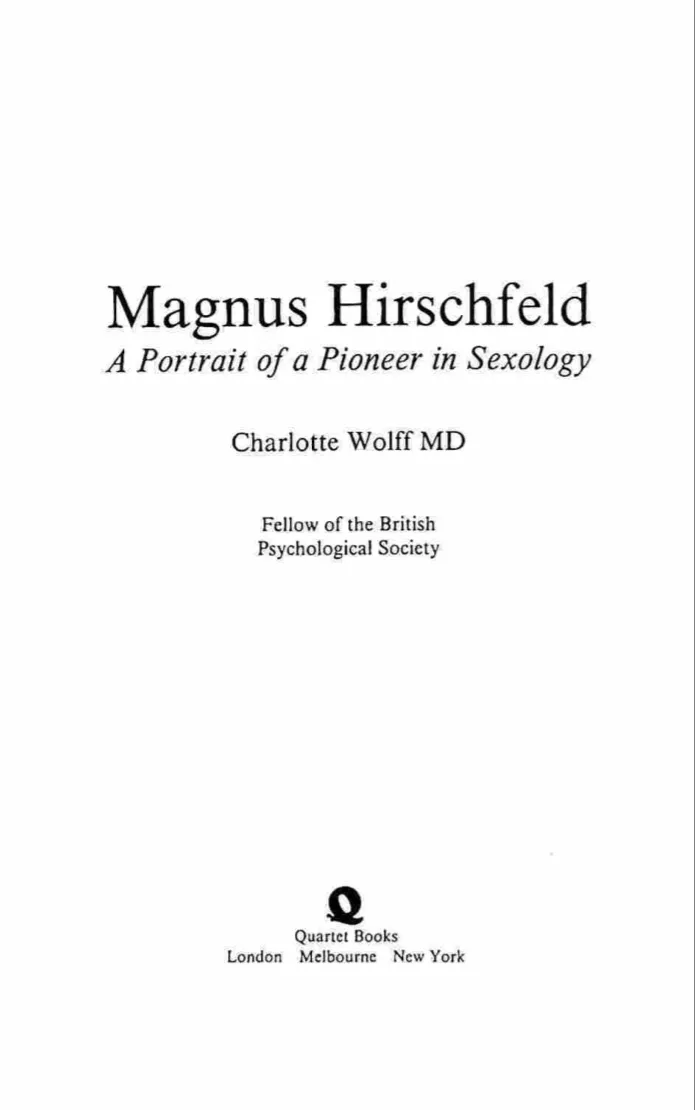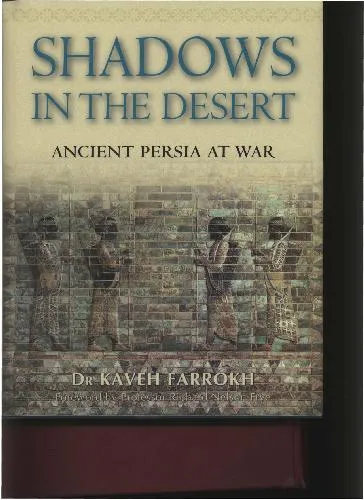Lewis & Clark: Legacies, Memories, and New Perspectives
4.0
Reviews from our users

You Can Ask your questions from this book's AI after Login
Each download or ask from book AI costs 2 points. To earn more free points, please visit the Points Guide Page and complete some valuable actions.Related Refrences:
Introduction to "Lewis & Clark: Legacies, Memories, and New Perspectives"
"Lewis & Clark: Legacies, Memories, and New Perspectives," edited by Kris Fresonke and Mark Spence, is a compelling exploration of the famed Lewis and Clark expedition. This dynamic collection of essays reexamines the journey from numerous critical angles, shedding fresh light on its historical, cultural, and ecological impacts. With contributions from leading historians and scholars, the book delves into the broader implications of the epic exploration, challenging preconceived notions and offering a nuanced understanding of its significance.
The book combines rigorous academic research with engaging prose, making it accessible to both scholars and general readers. Through its focus on legacies, memories, and modern perspectives, it provides a rich tapestry of insights into the expedition's far-reaching influence on the American landscape, indigenous peoples, and the evolving narrative of American exceptionalism.
Detailed Summary
The expedition of Meriwether Lewis and William Clark, commissioned by President Thomas Jefferson in 1804, is a cornerstone of American history. The book examines this journey beyond its traditional narrative as a tale of unbridled exploration and national triumph. Each essay in the collection reevaluates the expedition’s impact, offering new insights into how it shaped American identity, contemporary environmental policies, cultural memories, and the persistence of colonial attitudes.
From the interactions with Native American tribes to the detailed scientific observations recorded by the explorers, the essays uncover the complexities of the encounter. The contributors examine how Lewis and Clark were both pioneers and agents of imperialistic ambitions. The book also delves into the diverse ways the expedition has been remembered, from memorials and reenactments to political rhetoric. In exploring these topics, the essays interrogate the expedition's place against the backdrop of evolving modern values.
Key Takeaways
- The Lewis and Clark expedition marked a watershed moment in American expansionism, with profound consequences for indigenous communities, the natural environment, and the nation's self-image.
- The book emphasizes the importance of reevaluating historical narratives to uncover deeper and potentially uncomfortable truths about events often glamorized in American lore.
- Contributors use interdisciplinary approaches—including history, anthropology, and environmental studies—to offer new tools for understanding the legacies and impacts of the exploration.
- "Lewis & Clark: Legacies, Memories, and New Perspectives" encourages thoughtful dialogue about the moral, social, and ecological ramifications of westward expansion.
Famous Quotes from the Book
"The story of Lewis and Clark is not merely a tale of exploration; it is a mirror reflecting the evolving priorities and tensions of the nation that cherished their adventure."
"What does it mean to celebrate discovery when what is discovered was never lost? This question lies at the heart of understanding the expedition's legacy."
Why This Book Matters
This book matters because it challenges the traditional heroic narrative of the Lewis and Clark expedition and replaces it with a multifaceted exploration of its impact. By acknowledging the contribution of Native Americans, critiquing imperialist ideologies, and highlighting environmental changes, the essays offer a well-rounded interpretation of historical events.
Furthermore, "Lewis & Clark: Legacies, Memories, and New Perspectives" is not just a reflection on the past but a call to action. By revisiting the expedition through contemporary lenses, the book invites readers to think critically about the intersections of history, power, and memory. It rekindles vital questions about whose stories are told and how those narratives shape modern identity and policy.
Ultimately, this book serves as an essential resource for those seeking to deepen their understanding of a pivotal chapter in American history, while also recognizing its persisting relevance in discussions of justice, equity, and sustainability.
Free Direct Download
You Can Download this book after Login
Accessing books through legal platforms and public libraries not only supports the rights of authors and publishers but also contributes to the sustainability of reading culture. Before downloading, please take a moment to consider these options.
Find this book on other platforms:
WorldCat helps you find books in libraries worldwide.
See ratings, reviews, and discussions on Goodreads.
Find and buy rare or used books on AbeBooks.
1205
بازدید4.0
امتیاز0
نظر98%
رضایتReviews:
4.0
Based on 0 users review
Questions & Answers
Ask questions about this book or help others by answering
No questions yet. Be the first to ask!
